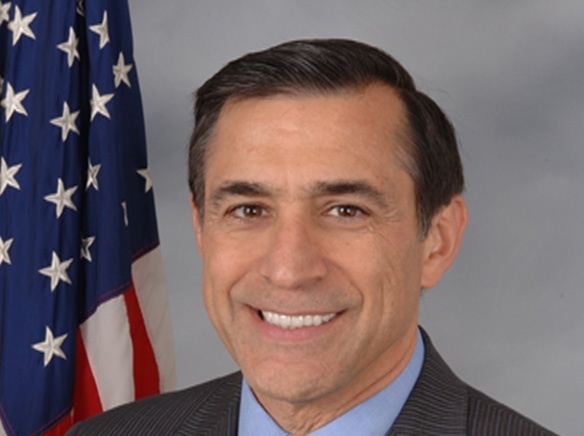Across all age groups, people with disabilities are less likely to be employed than those with no disabilities. With only 19.1% of people with a disability employed, the San Diego Workforce Partnership has released a new resource for creating a more equitable San Diego for those living with a disability. To help with this divide, Workforce Partnership administers two adult programs. Ticket to Work and Project Inspire.
Workforce Partnership Vice President of Client Services Shaina Gross said the Ticket to Work program serves people who receive Social Security disability insurance.
“It is usually a physical disability, so we help them get back to work while also being mindful of their Social Security and disability benefits,” she said. “We work with them to determine how to phase out of their benefits while their income ramps up. That is people that are receiving disability but want to go back to work.” Gross said the Project Inspire program is for people with intellectual and developmental disabilities, helping them get part-time work they can subsidize the wages for the employer.
“The person that hires them, we can pay part of the wages as an incentive to hire this particular job seeker,” she said. Gross said with these programs, it hopes it can inspire employers to hire individuals with a variety of disabilities. She said Workforce can supply training, support, and a financial benefit.
“You have a much more diverse workplace, including more voices in your workplace, and we have many talented individuals who would make great teammates at colleagues, and they just happen to have a disability,” she said.
Gross said she believes there is a nervousness or concern about hiring individuals with a physical disability and the accommodation that have to be made in a workplace.
“Whether that is accessibility, or the person’s workspace, what accommodations have to be made that can be burdensome or expensive,” she said. “Also, around developmental and intellectual disabilities, people do not realize that differently abled individuals, or someone who is neuro diverse, they do not realize the benefit that they can really bring to the workplace. The word is unfamiliar. And when people are unfamiliar, they can be nervous or hesitant to embrace. But, what we find, is having neuro diverse individuals or people with disabilities in the workplace actually makes for a richer culture, better work product, more engaged staff. So, there are sometimes changes that people have to make.”
Gross said going through the interview process with a person with developmental or intellectual disabilities, an employer might have to slow down the pace of the process.
“We may have to revise what type of technology we use. There are different things we may need to provide information in advance. I think sometimes, just changing our routines, changing what has been the norm, makes people nervous. So, they are hesitant to embrace that,” she said. Gross said Workforce is working with some “very great candidates that are eager to work.”
“Anytime you have a job seeker who is eager to work, that makes for a great employee,” she said. “The services that the Workforce Partnership can provide, ensures that this person is ready for the workforce, they will be successful because they have supportive services from our team, and we work with the employer to help them to identify if there is anything they need to adjust in order to make this a successful partnership.”














